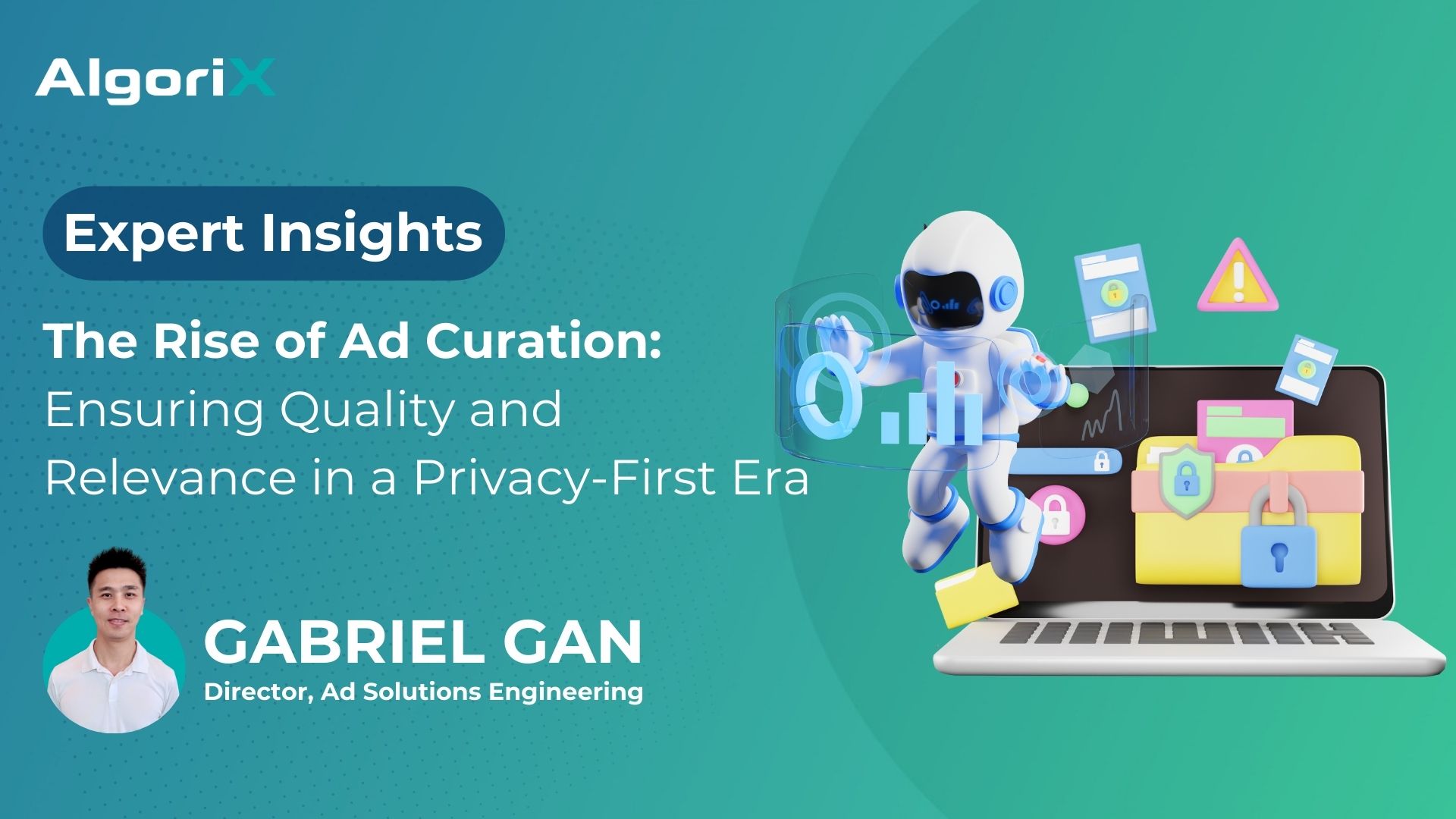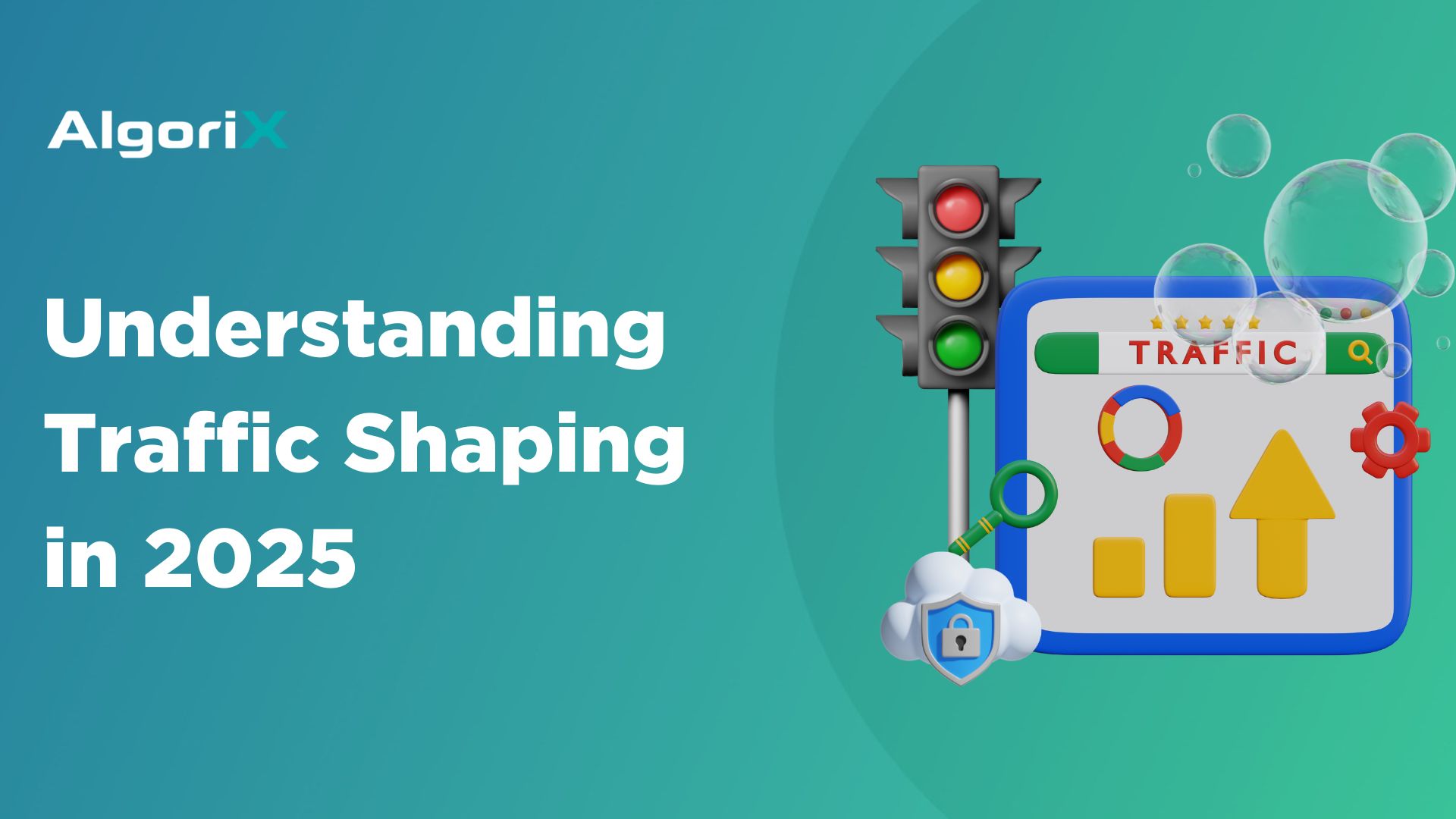Last October 11th, AlgoriX, in partnership with Omega Martech, GameGeek Vietnam, and Airbridge, hosted the Surviving & Thriving: Strategies for Game Companies to Go Global conference at Movenpick Living West Hanoi. The event focused on the challenges local game developers face when going global and discussed strategies for audience growth and app monetization. As a leading provider of advertising and monetization solutions, AlgoriX shared best practices and learnings distilled from our experience with top game developers among our clientele.
Previous
Next
At the same time, we’ve also gathered some of the key insights shared by pioneering game studios in Hanoi. Below are some of the takeaways from the event:
Challenges Faced by Local Game Studios
The gaming industry in Vietnam is vibrant, diverse, and growing. However, several hurdles are currently impeding its full potential.
Adapting to Google Play & App Store Policies
The ever-changing nature of Google Play and App Store policies presents a challenge for small to medium-sized game studios. With limited resources, these studios often struggle to pivot their operations with emerging new policies, ensuring app approval and compliance without compromising their business goals.
Global Privacy Compliance
With different privacy regulations per region such as the General Data Protection Regulation (GDPR) in Europe and the California Consumer Privacy Act (CCPA) in the US, Vietnamese game studios face an uphill task complying with these laws. Often, they lack resources to properly handle the intricacies of privacy regulations across different regions. Thus, they miss out on various opportunities available to expand their userbase and earn revenue.
Walled Gardens and Transparency
The concept of ‘walled gardens’ in the digital advertising world poses another challenge. Most developers feel compelled to use traditional platforms like Meta and Google because of their scale. However, rising user acquisition costs, and limited transparency to advertisers, make it difficult for game studios to assess the effectiveness of their marketing campaigns fully. Consequently, these studios find it challenging to optimize their marketing strategies and maximize their return on investment.
Enhancing Ad Quality
A significant hurdle in game monetization is combating poor and malicious ads. Auto-redirects, a prime example, can disrupt user experience and erode trust. Additionally, in-game ads frequently promote competing games, overwhelming users and creating a sense of intrusion. Therefore, maintaining ad quality is crucial for an optimal gaming experience.
Extended Break-Even Points
Traditionally, hyper-casual games would recoup their investments within a week. However, due to a lengthening break-even period, the game industry is undergoing a substantial shift. This increased timeframe presents a notable hurdle for developers as they strive to sustain player engagement and monetization, while attracting necessary funding.
Picking the Right Market
The success of a game can depend significantly on its market. Here’s a concise guide on how to pick the right global market for your game.
Determine the Market First
Game studios often determine the market before developing the game, tailoring it to the unique user demands of that market. The ideal market exhibits two key characteristics:
- High user spending: A market where users are willing to spend on gaming is a profitable choice.
- High user retention: It’s not just about attracting users, but also keeping them. A market with high user retention is desirable as it indicates a dedicated gaming community.
Test Ads Globally, Then Narrow Down
Local studios initially run their ads globally to gather data and analyze performance metrics across different regions. This broad approach gives them a comprehensive view of how their ads are received worldwide. They then use these insights to pinpoint which countries respond most positively. With this information, they can then focus their advertising resources and strategies on these identified markets. This way, they maximize their advertising ROI by narrowing down to the most responsive countries based on the global ad testing results.
Keep an Eye on Competitors
Keeping an eye on competitors can provide valuable insights. Pay attention to:
– Ad investment: Check where similar games are investing. Where your competitors spend their budget could be a potential market for your game.
– Ad retention: Track how long the ad investments last. If the ads stop abruptly, it might indicate a problem with that market. But if the investment is sustained, it suggests the market is worth investing in.
Acquire a Minimum User Base
As a starting point, most studios aim to acquire at least 1,000 users per market. This user base size offers enough data for machine learning algorithms to improve future marketing strategies. The gathered data also helps refine game development strategies, tailoring them to the preferences of the target market.
Overcoming Monetization Challenges
Here are just some of the strategies developers can employ to maximize their monetization efforts and improve revenue:
Hybrid Monetization Model
The shift towards a hybrid monetization model has become a necessity in the gaming industry. As in-app purchases (IAP) no longer suffice due to a decrease in user spending, game publishers are now blending in-app advertising (IAA) and subscription models. This new approach provides multiple revenue streams, thus ensuring a more stable income amidst the economic downturn.
Embracing New Ad Formats
The introduction of new ad formats has revolutionized the way we attract users. Playable ads allow users to test a game before downloading, making them more engaged and likely to download. Audio ads offer a non-intrusive way to reach users while maintaining the gaming experience. Native in-game ads seamlessly integrate within the game environment, enhancing the user experience rather than disrupting it.
Creative Banner Ads
Although they may seem outdated, banner ads still possess the power to generate significant revenue. Game publishers are advised by AlgoriX to consider innovative ways of integrating banners into gameplay seamlessly. When done right, they can add value to the gaming experience and drive revenues.
Diversifying Advertisers: Brand and Performance
Moving away from the traditional performance campaigns, game publishers are now working towards including brand advertisers as part of their strategy. Besides adding diversity, brand advertisements increase ad relevance, improving the user experience. Furthermore, brand investments offer a stable and reliable revenue stream.
Leveraging Contextual Signals and Alternative IDs
In an effort to attract high-quality advertisers, game developers must invest in data, specifically contextual signals and alternative IDs. These tools improve ad targeting and relevance, subsequently enhancing campaign performance. Through accurate data, developers can attract the right advertisers, leading to better monetization and overall game success.
Finding the Right Advertising and Monetization Partner
In conclusion, the importance of partnering with a reliable and expert guide for your advertising and monetization strategies cannot be overstated. AlgoriX, with its award-winning client services team and solutions, is committed to offering personalized guidance and technological support to meet your specific advertising and monetization goals. We stay ahead of the curve, helping you navigate the ever-changing landscape of industry trends and regulations. Don’t hesitate to reach out to us and start unlocking your game’s advertising and monetization potential!













